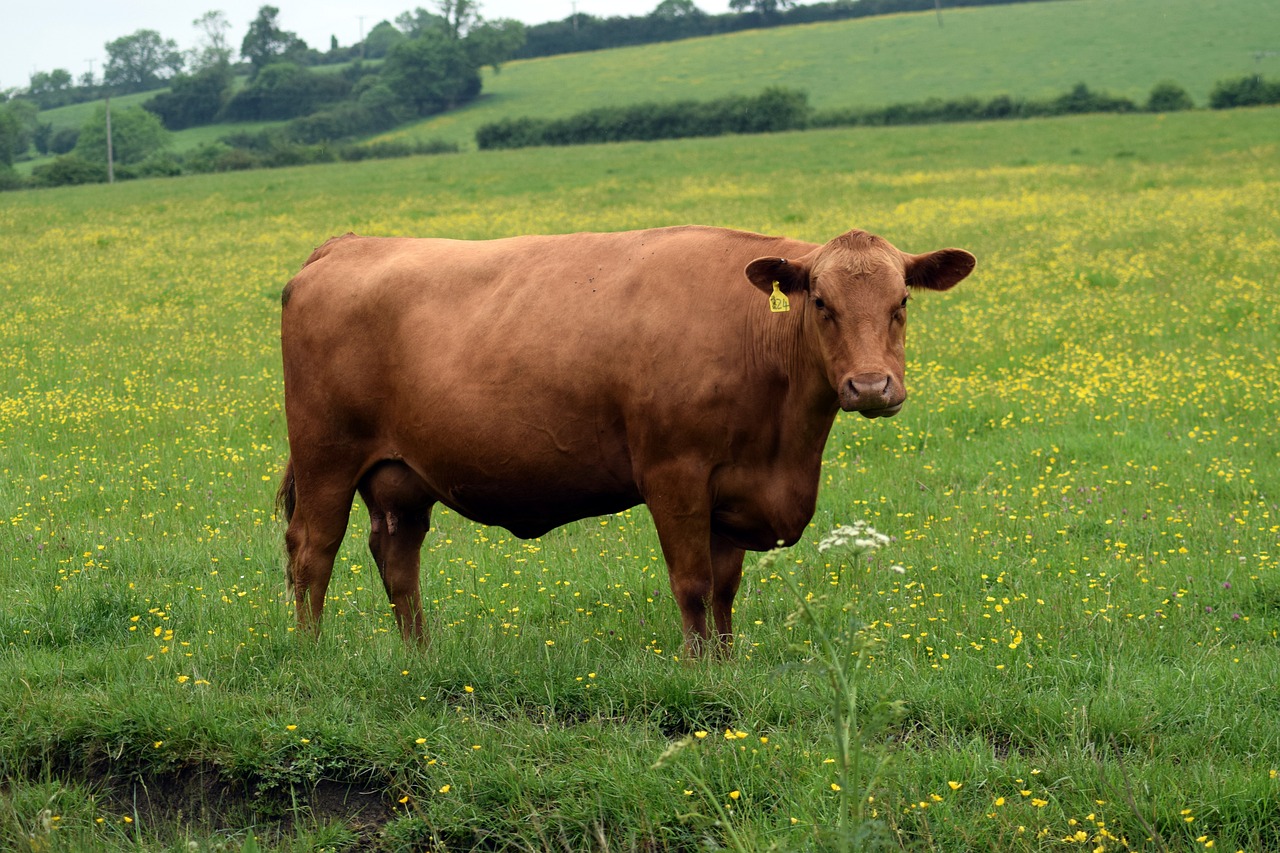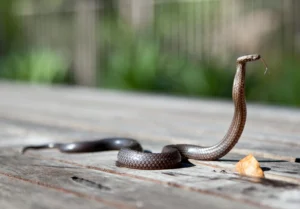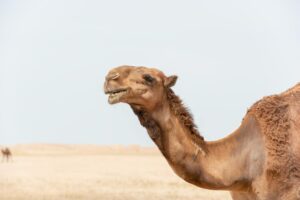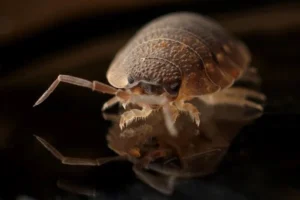An innovative solution to reduce greenhouse gas emissions from cows

A team of scientists has managed to find an innovative solution to reduce methane emissions from cows, which could help mitigate the phenomenon of global warming.
The idea lies in adding seaweed to the cows’ feed, as a recent study has shown that this seaweed can reduce methane emissions from cows.
A team from the University of California, Davis, conducted a 10-week practical experiment on a farm in Montana, where they divided 24 bulls (referring to male cattle that have not yet been castrated) into two groups.
One of the groups received seaweed supplements while the other group did not receive any supplements.
The results of the experiment showed that the cows that consumed seaweed produced 40% less methane compared to the other group.
The research team confirmed that feeding cows seaweed can reduce the amount of methane emitted by the animals without affecting their health or weight.
Professor Ermias Kebreab, the lead author of the study, explained that this method provides a simple and easy-to-implement solution for livestock farmers, as seaweed can be offered to cows through dietary supplements.
The study calls for the implementation of this solution worldwide, especially in farms that rely on grazing cows.
Kebrib added, “It is important to make seaweed supplements easily available to all livestock farmers, which will make the agriculture industry more sustainable and meet the global demand for meat in the future.”
These results are considered an important step towards reducing the environmental impacts of the livestock industry and enhancing global efforts to combat climate change.
It is worth noting that cows are among the largest sources of methane emissions worldwide, contributing 14.5% of the total greenhouse gas emissions. The majority of this methane comes from belching and flatulence. Interestingly, cows that graze in pastures produce larger amounts of methane compared to cows raised in feedlots (facilities used for raising and fattening animals before they are slaughtered or marketed), due to their consumption of larger quantities of fiber found in grass.




